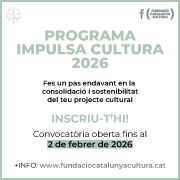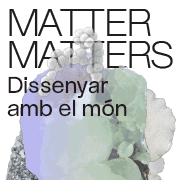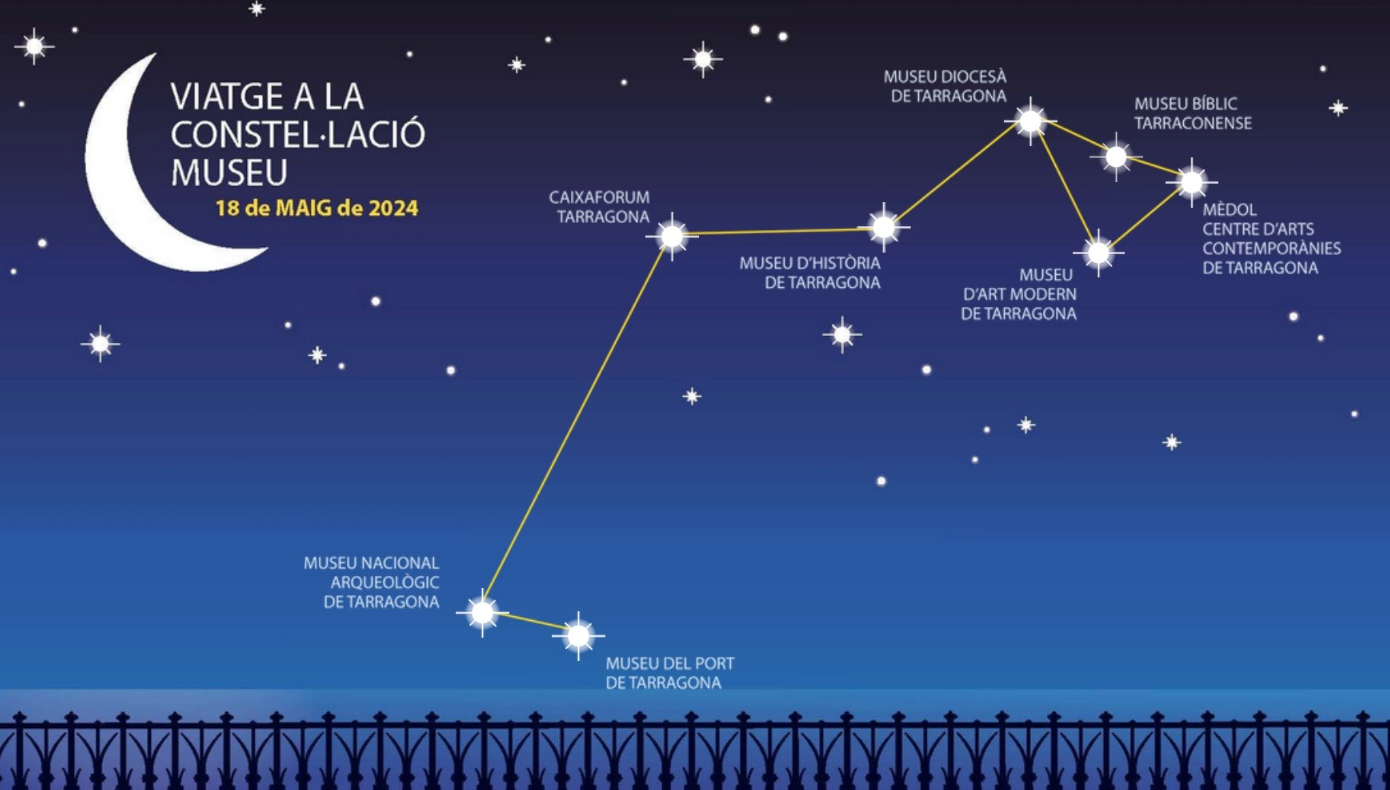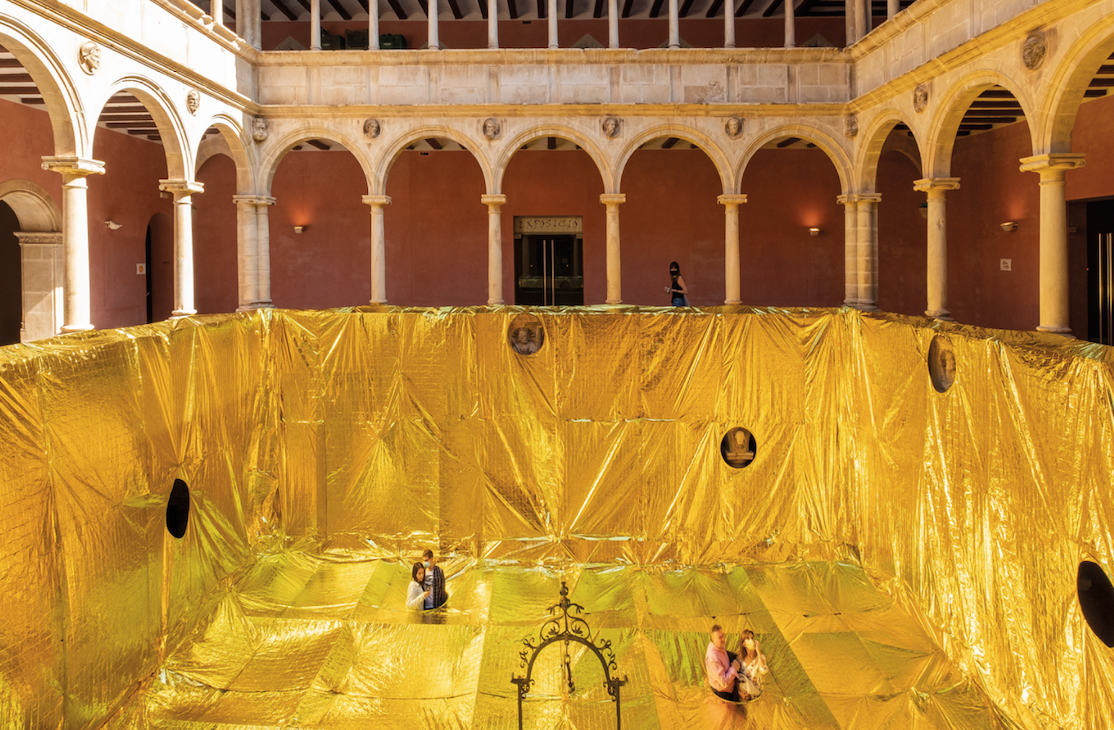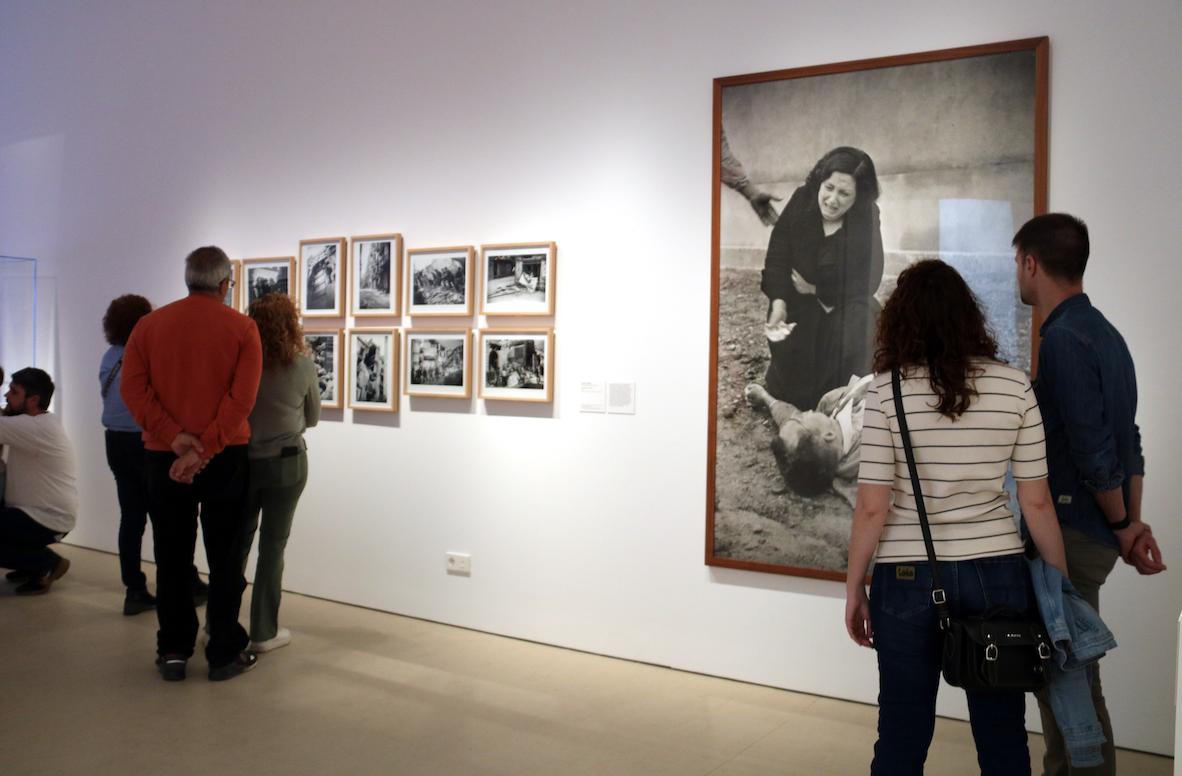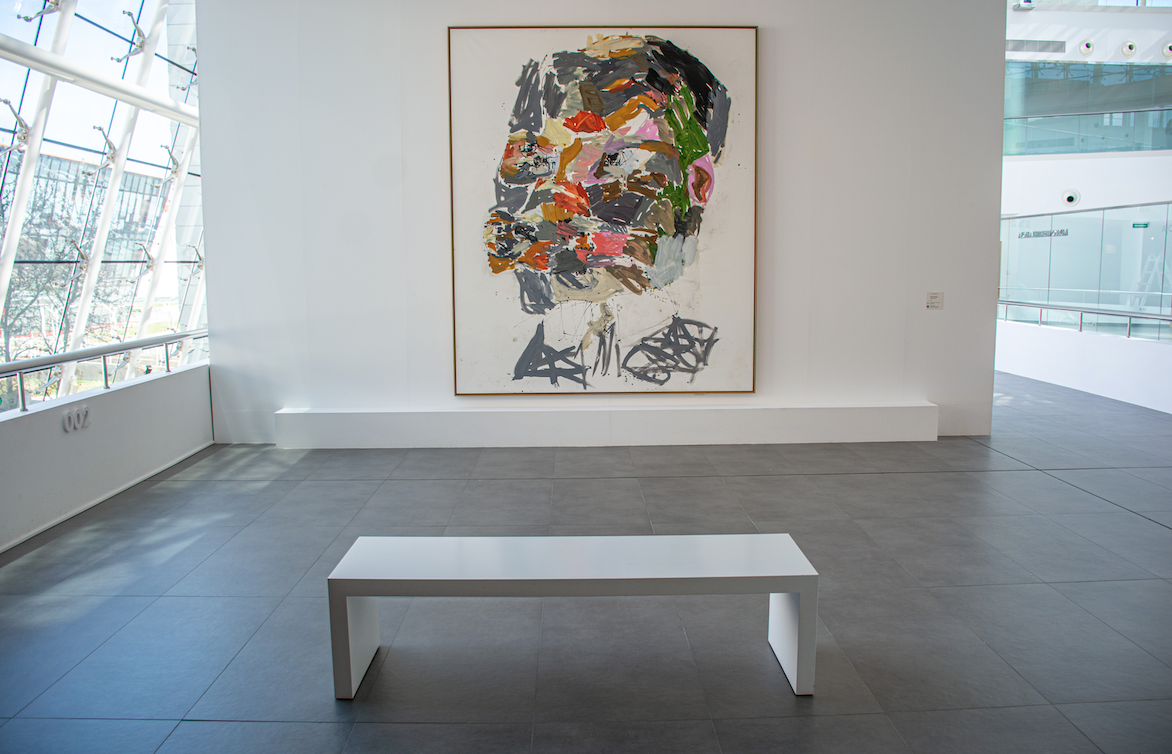interviews
Tuan Andrew Nguyen: "The world has a tendency to forget the destruction we have caused each other"
The Vietnamese artist exhibits at the Joan Miró Foundation from May 10 to September 29
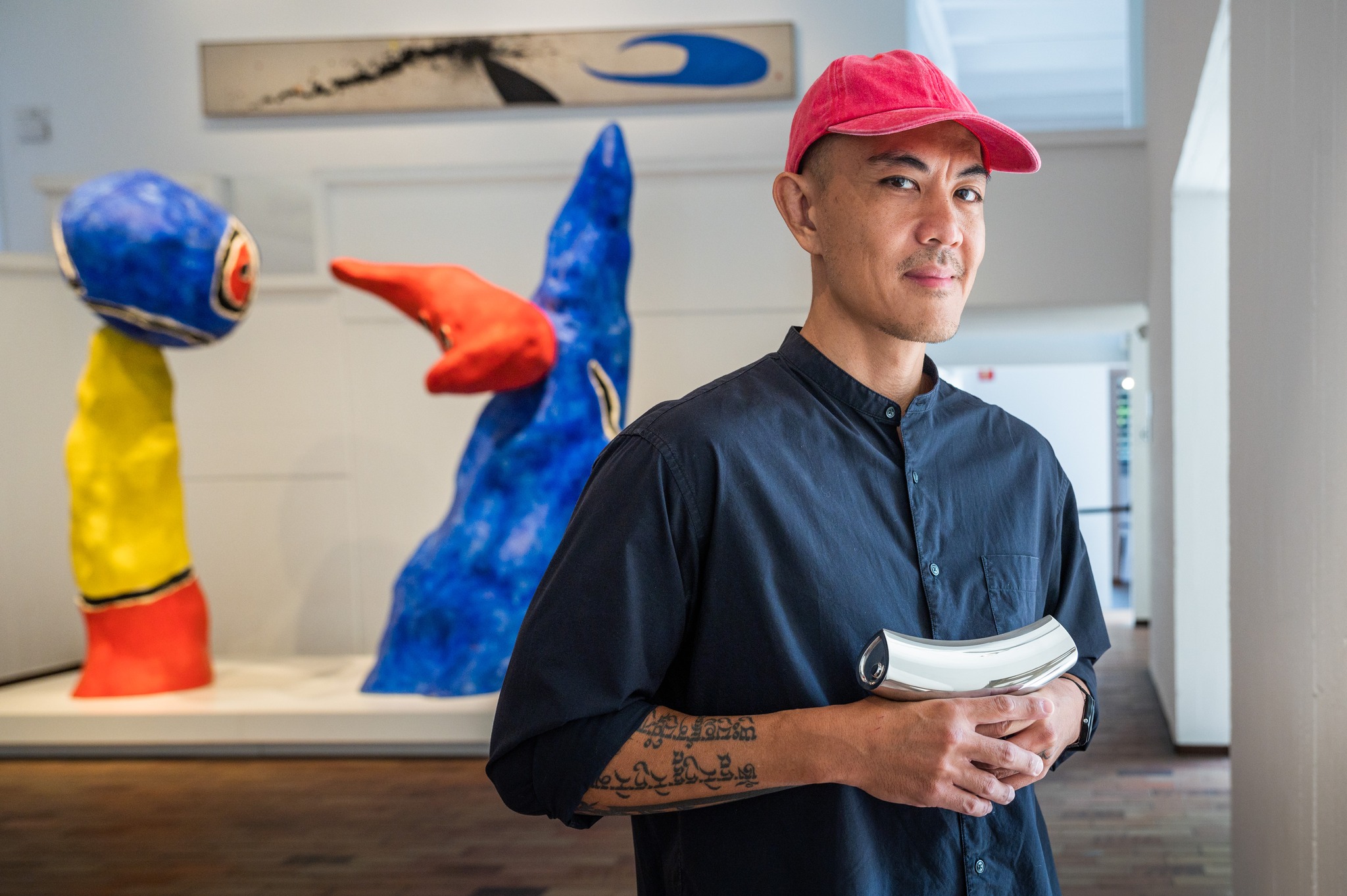
The contemporary artist Tuan Andrew Nguyen, winner of the eighth edition of the Joan Miró Prize, presents his exhibition Our Ghosts Live in the Future at the Miró Foundation in Barcelona. Through this exhibition, Nguyen takes us on an exciting and introspective journey, exploring the scars of the Vietnam War and its influence on the present and the future.
In this exhibition, visitors have the opportunity to see objects created from the remains of bombs that did not explode during the Vietnam conflict. These objects, loaded with history and symbolism, become silent witnesses of an era marked by violence and destruction. Amazingly, these objects can generate frequencies of 429 Hz, known as the healing frequency, opening the door to a unique and evocative sensory experience for visitors.
In addition to the physical objects, the exhibition also presents four captivating audiovisual works, which transport the viewer to deep and complex emotional universes. Through her work, Nguyen seeks not only to reflect on the past, but also to open a window into future possibilities for healing and reconciliation. It is undoubtedly an exhibition that not only moves, but also inspires and invites deep contemplation.
Their collaborative projects often address the human and material consequences of the Vietnam wars. How do you navigate the complexities of depicting such sensitive historical events in your art? What elements of your childhood and cultural background do you think are most clearly reflected in your artistic work?
Refugees live in a future space, always thinking about the future. I, as a child refugee, always lived in my imagination, other places, worlds, lifestyles... And I think this is a giant inspiration for my work: to approach these future worlds.
How did your parents meet?
I was born at the end of the war, and in fact, my parents met because of the war. We left the country when I was born. While growing up in the United States, I thought a lot about my story and how it had affected them. I met other boys and girls who matched with similar stories. We live in a world where everyone is affected by situations of war or calm. My father studied law. They came from the north and migrated south. During the first five months of the war, he was drafted into the army and my mother, who was younger, was still in high school. They wanted to start a family, but the situation there was very difficult.
How do you feel about this exhibition in Spain and what does it want to bring to us?
I am very happy. The foundation is doing an excellent job of exhibiting my works. The foundation team is excellent. It is very difficult to present audiovisual exhibitions, but they have done it perfectly. It is made up of four visual works, spanning from 1945 to the present. These are videos that somehow connect Vietnam, the United States, France, Senegal and Morocco. There is a lot of connection between the videos and the sculptures.
How do you think art can help people deal with their traumas and how important is it to hear the stories of affected communities?
Everyone has to face their traumas. We must listen to each other's stories to find different ways to relate to others, because when we look back we realize that the world has a frightening tendency to forget the tragedies of the past and the destruction we have caused each other. It's like a vicious circle we're stuck in and can't get out. I think there are many lessons we can learn, and listening to these trauma communities is one of them.
How do you perceive, in the current context, what is happening in Gaza?
I think we have to stop the genocide that is happening in Gaza. The situations that are happening, for example, in universities in the United States and around the world are horrible. Universities need to protect their students and create spaces to discuss and have conversations, and that's not happening. It's horrifying. I know there is a lot of trauma that will come out of it. The same thing happened with the Vietnam War, many college students protested, there were many injustices, many war crimes. But each is a very different situation with a unique history that we must respect and consider. I want the violence to stop, an immediate ceasefire. If not, many children will continue to die.
Do you have any future projects in mind?
I am very interested in the story of a Catalan man who, after the Spanish Civil War, ended up fighting in the Vietnam War. After the war, he returned to Catalonia. It's a very interesting story, but I need time to dig into it. I have met this man's family and spent two days with them. It's a research I'm doing for the project I have in hand.



